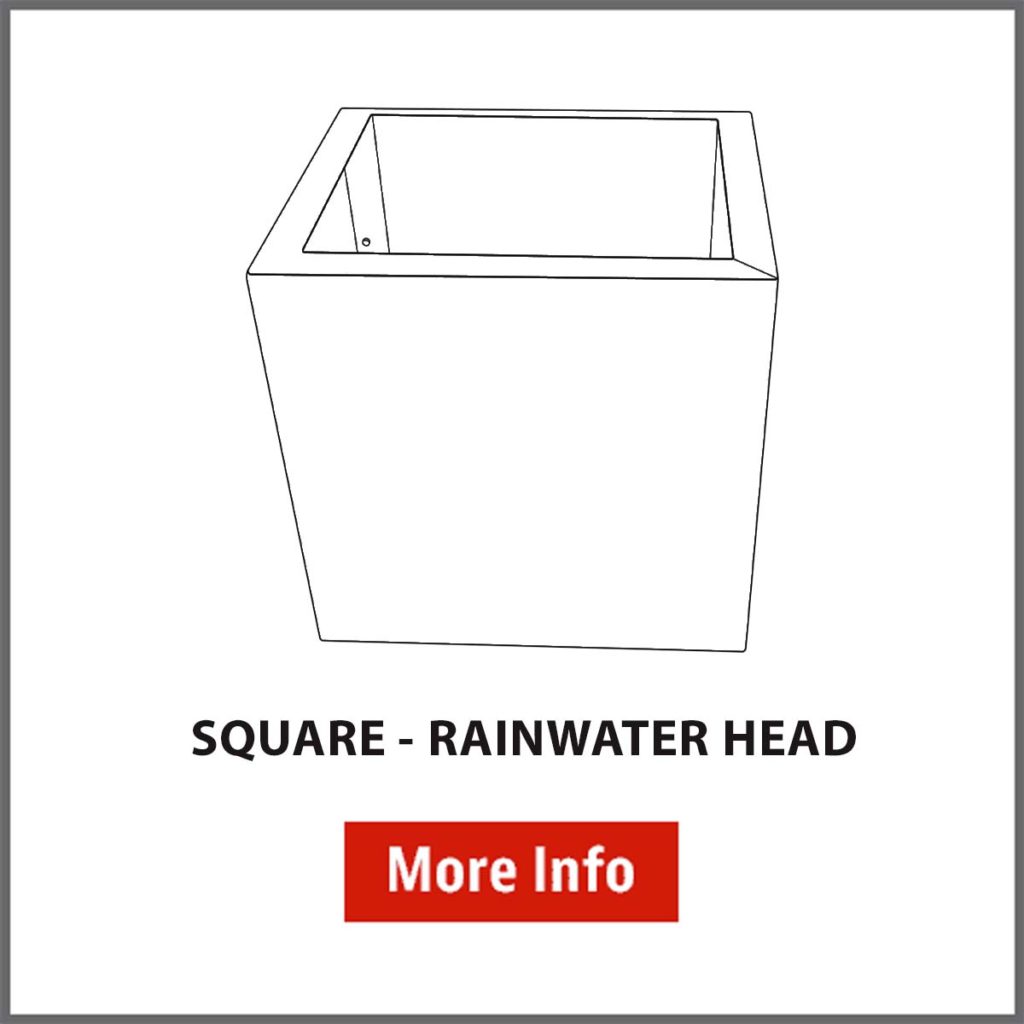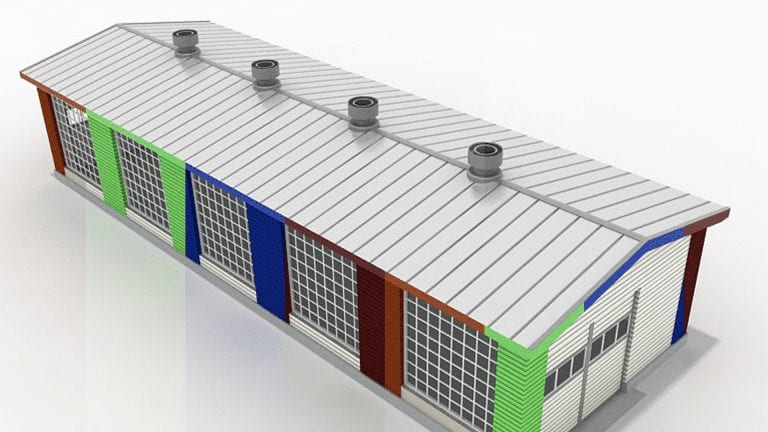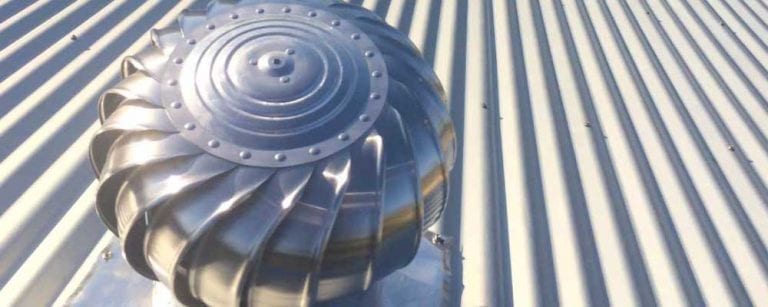Rainwater Management: Enhancing Efficiency and Sustainability
Rainwater is a valuable resource that, if managed properly, can offer numerous benefits for both individuals and the environment. From reducing water bills to alleviating pressure on local water sources, rainwater management plays a vital role in sustainable living. This article explores various strategies and technologies that can be employed to effectively manage rainwater, including gutter overflow prevention, leaf guards for rain heads, rainwater storage tanks, gutter maintenance, rainwater filtration, box gutter repairs, rainwater downspouts, gutter guard systems, and rainwater diversion.
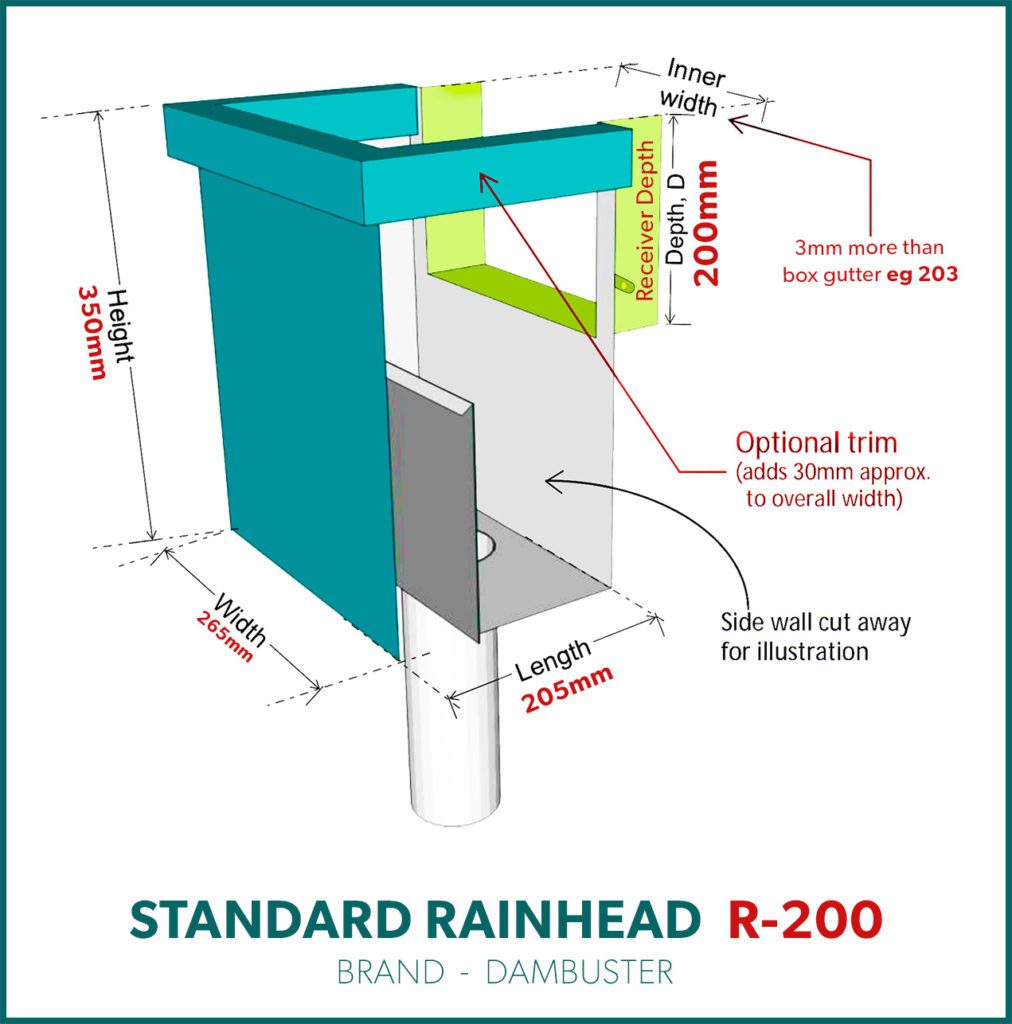
One of the primary concerns in rainwater management is the prevention of gutter overflow. When rainwater exceeds the capacity of gutters, it can lead to water damage, erosion, and even structural issues. To address this problem, homeowners can invest in gutter overflow prevention systems. These systems are designed to divert excess water away from the gutters, ensuring that water flows smoothly and preventing any potential damage.
Another aspect of rainwater management is the need to protect rain heads from debris such as leaves and twigs. Leaf guards for rain heads are effective solutions that prevent clogging and ensure uninterrupted water flow. These guards act as filters, allowing water to enter while blocking larger debris from entering the rainwater collection system. By installing leaf guards, homeowners can minimise the maintenance required and enhance the overall efficiency of their rainwater management system.
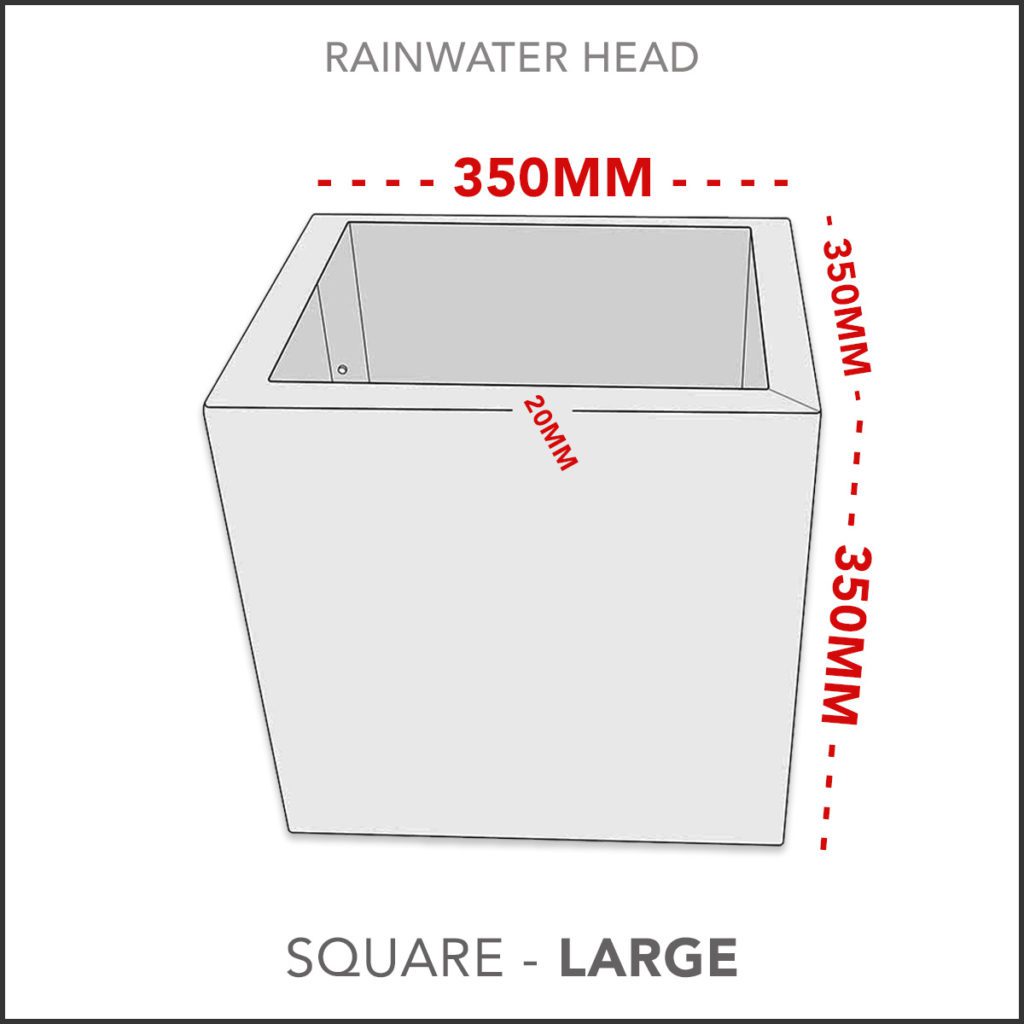
Rainwater storage tanks are an integral part of rainwater management, especially in areas where water scarcity is a concern. These tanks allow for the collection and storage of rainwater, which can be used for various purposes such as irrigation, toilet flushing, and laundry. By utilizing rainwater storage tanks, individuals can reduce their reliance on municipal water sources and contribute to water conservation efforts.
Regular gutter maintenance is crucial for effective rainwater management. Over time, gutters can become clogged with leaves, dirt, and other debris, obstructing the flow of rainwater. Regular cleaning and inspection of gutters can prevent blockages and ensure that rainwater is directed towards the desired collection points. Additionally, gutter maintenance includes checking for any damages or leaks that may compromise the system’s efficiency. Prompt repairs, such as box gutter repairs, should be carried out to maintain the integrity of the rainwater management system.
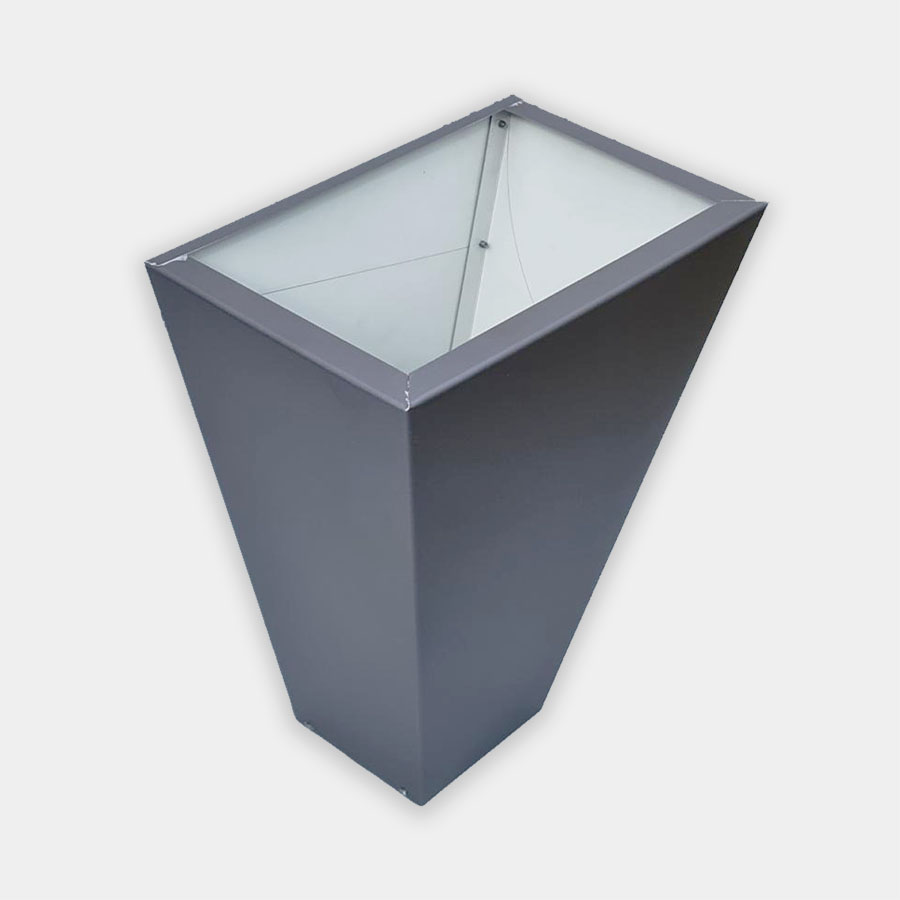
To ensure the quality of collected rainwater, rainwater filtration is essential. Rainwater may contain impurities and contaminants from the atmosphere and rooftops. Filtration systems are designed to remove these particles, ensuring that the collected rainwater is safe for use. Filtration methods can range from simple mesh screens to more advanced systems that employ multiple stages of filtration for optimal results. By implementing rainwater filtration, individuals can have access to clean, potable water for various purposes.
Rainwater downspouts are vital components of rainwater management systems. These vertical pipes are responsible for carrying rainwater from the gutters down to the ground or storage tanks. Proper installation and maintenance of downspouts ensure that rainwater is efficiently directed to the desired location. Additionally, downspouts can be equipped with diverters to direct water away from sensitive areas or towards specific zones for irrigation purposes.
Gutter guard systems provide comprehensive protection for gutters against debris and blockages. These systems consist of various components such as screens, filters, and brushes, which prevent leaves, twigs, and other debris from entering the gutters. Gutter guard systems minimise the need for regular gutter cleaning and reduce the risk of gutter overflow, ensuring a smooth flow of rainwater.
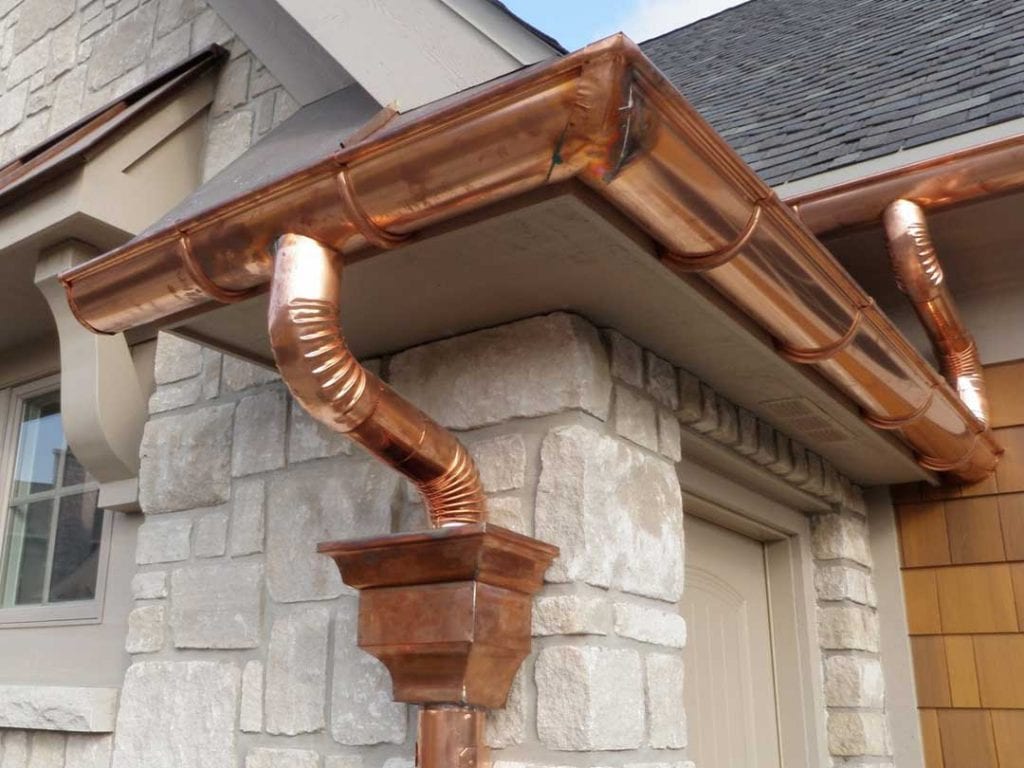
Rainwater diversion techniques are employed in situations where rainwater needs to be redirected or stored for later use. Rainwater diversion systems capture and channel rainwater from large surfaces such as roofs, driveways, or parking lots. This water can be stored in tanks or used for irrigation purposes. By implementing rainwater diversion techniques, individuals can maximize the potential of rainwater and reduce the strain on local water sources.
In conclusion, rainwater management plays a crucial role in achieving efficient and sustainable water usage. By incorporating strategies such as gutter overflow prevention, leaf guards for rain heads, rainwater storage tanks, gutter maintenance, rainwater filtration, box gutter repairs, rainwater downspouts, gutter guard systems, and rainwater diversion, individuals can harness the benefits of rainwater while reducing their environmental impact. Embracing these practices not only conserves water but also promotes a more sustainable and resilient future.
